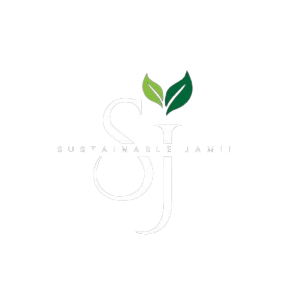
SRHR, which stands for Sexual and Reproductive Health and Rights, is one of our thematic areas that
encompasses various aspects related to the physical, emotional, and social well-being of individuals in
relation to their sexual and reproductive lives. It includes a range of issues such as family planning, safe
and legal abortion, contraception, maternal health, sexually transmitted infections (STIs), HIV/AIDS,
gender-based violence, and comprehensive sexuality education.
We advocate for the core principle behind SRHR is the recognition that individuals have the right to
make informed decisions about their sexual and reproductive lives, free from discrimination, coercion,
and violence. We emphasize the importance of access to accurate sexual health information, quality
healthcare services, and the promotion of gender equality and women's empowerment.
Within the thematic area of SRHR, different components are addressed to ensure comprehensive and
holistic support to individuals. This includes advocating for policies and laws that safeguard sexual and
reproductive rights, promoting access to contraceptive methods and family planning services,
preventing and addressing gender-based violence, ensuring safe and legal abortion services, supporting
the rights and health of adolescents and youth, and addressing the specific needs of marginalized and
vulnerable populations.
The SRHR thematic area recognizes that sexual and reproductive health is not only a matter of physical
well-being but also interconnected with social and economic factors. It highlights the importance of
addressing inequalities, promoting inclusive healthcare, and ensuring that no one is left behind,
regardless of their age, gender, sexual orientation, or socioeconomic status.
Overall, Sustainable Jamii aims to advocate for the fundamental human rights of individuals to have
control over their bodies and to make decisions regarding their sexual and reproductive lives, leading to
healthier and more fulfilling lives for all.
